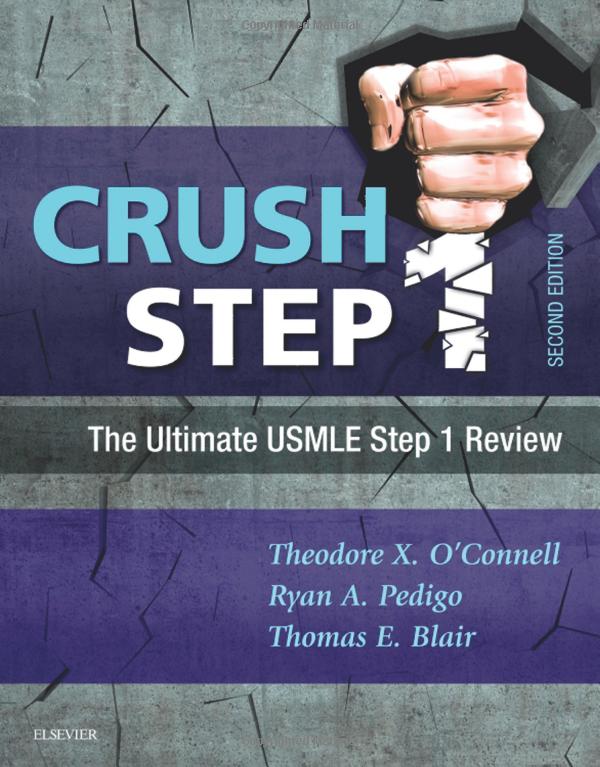A 21-year-old man presents to the clinic because he has been hearing voices in his head for the past 3 months. He reports that the voices have been telling him that he is ugly and worthless, causing him to quit his job and isolate himself in his room. He also reports that over the past 3 months the television has started to send him cryptic messages that the world's major cities will collapse soon due to a natural disaster. When asked more about this natural disaster, the patient switches conversation from the natural disaster to dogs, cats, his mother's cooking, and the nice red car he would like to buy. He has no significant past medical history, takes no medications, and denies any illicit drug use.
E) Schizophreniform Disorder
Schizophreniform disorder which has the same diagnostic criteria as schizophrenia but with symptoms present for only 1-6 months. For this diagnosis to be made, the patient needs to have 2 or more of the 5 criteria: delusions, hallucinations, disorganized speech, disorganized/catatonic behavior, and negative symptoms. At least one of the symptoms needs to be the characteristic symptoms of the disorder: delusions, hallucinations, or disorganized speech. Functioning at work, interpersonal relations, or self-care are impaired for a significant portion of the time since the onset of the disturbance. From the vignette, the patient appears to be having auditory hallucinations, delusions of reference, tangential speech (a form of disorganized speech), and impairments in social and occupational functioning.
Answer choice D: Schizophrenia, is incorrect. Schizophrenia has the same diagnostic criteria as schizophreniform disorder, but the symptoms have been present for >6 months and there is an absence of another diagnosis that would better account for the presentation.
Answer choice C: Schizoaffective disorder, is incorrect. Schizoaffective disorder can be thought of as schizophrenia with a major mood disorder, such as major depressive or bipolar disorder.
Answer choice A: Brief psychotic disorder, is incorrect. Brief psychotic disorder is characterized by schizophrenic symptoms that last less than 1 month. Brief psychotic disorder can commonly be brought on by stress.
Answer choice B: Delusional disorder, is incorrect. Delusional disorder is a fixed, false belief that lasts > 1 month but which does not interfere with social and occupational functioning. Given that the patient in the vignette has quit his job and has isolated himself in his room, his symptoms are affecting his social and occupational functioning.
Key Learning Point
Schizophreniform disorder is defined as having all of the criteria for schizophrenia, but the total duration of the disorder is 1-6 months. Two or more of the characteristic symptoms are present: delusions, hallucinations, disorganized speech, grossly disorganized or catatonic behavior, and negative symptoms such as alogia, avolition, or affective flattening. Functioning at work, interpersonal relations, or self-care are impaired for a significant portion of the time since the onset of the disturbance.

